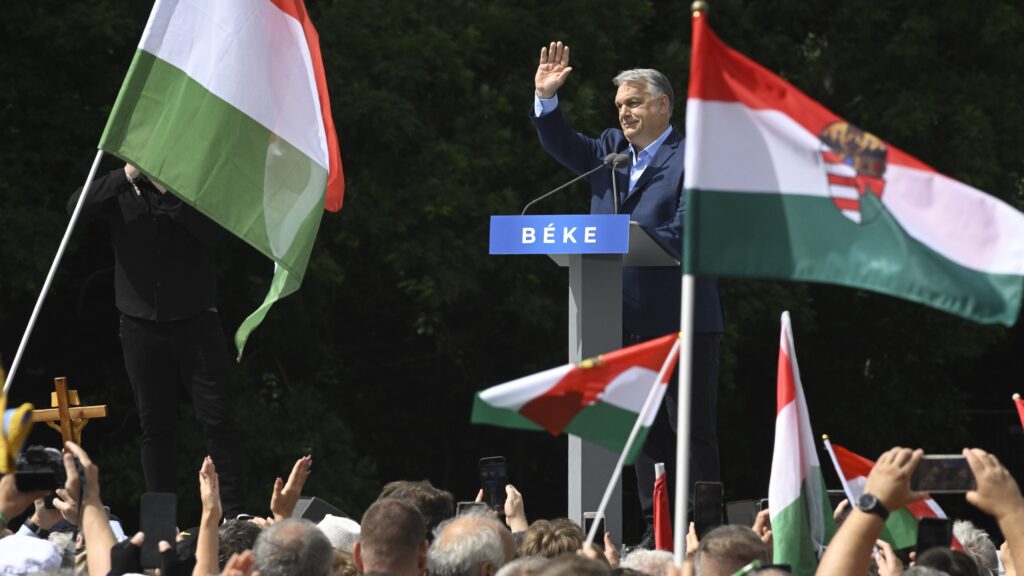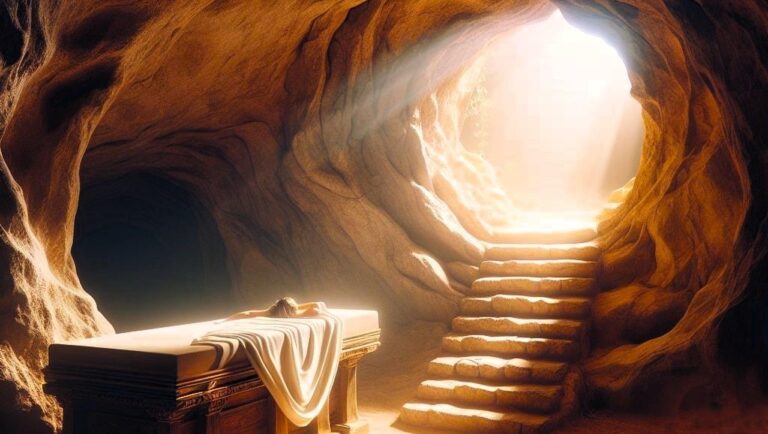While at the beginning of the conflict most newspapers and politicians in Ukraine used World War II as an analogy to understand current events, ten months into the war more and more writers are drawing a parallel between Russian aggression and World War I. The World War II analogy had a mostly emotional appeal—the shock that there is a war on the European continent triggered many to compare Putin to the worst Europe ever had to offer: Hitler. The parallel soon broke down, however, as no matter how tragic the war in Ukraine is, it can by no means be compared to the genocide of Jews in the 1940s. Looking for new analogies to make sense of the war, many have turned—for various reasons—to World War I. In this article we look at some of the arguments of those who contend thar the war in Ukraine is similar to the Great War.
Frank Füredi — ‘Historical Amnesia’
The renowned Hungarian British sociologist, Frank Füredi was probably the first to highlight the similarities between the invasion of Ukraine and World War I. Füredi characterises Europe prior to World War I as suffering from ‘historical amnesia’. He argues that in the lead-up to 1914, European elites lost the sense of history and abandoned the values they had been socialized into before the war. Similarly to this collective state of mind of the 1910s, Europe now is again in a state of ‘historical amnesia’, as it has come to believe in the ‘end of history.’ According to Füredi, the continent has arrived in a new era, where historical experience is not relevant anymore. After denying that history is relevant to understanding contemporary events, a war on their continent came as a shock for many Europeans—while historical wisdom suggests that the norm is being in a state of war, and a long period of peace is the exception. Due to its ‘amnesia,’ Europe had come to falsely believe before 2022 that peace is the norm. The denial of history’s relevance in understanding the world around us is something that pre-WW I and pre-Ukraine Europe have in common, Füredi suggests.
In addition to Europe’s state of ‘historical amnesia’, Frank Füredi also highlights Europe’s inability to serve its own interests due to its loss of belief in nation states. As European elites endorsed globalism, they stopped representing national interests. Without a strong commitment to pursuing national interests, however, it is impossible to adequately respond to geopolitical threats. European leaders’ inability to respond to a challenge against the integrity of a nation was exacerbated by the earlier denial by security experts that threats can come from national actors—in the post-Cold War era, in fact, it was common to argue that terrorists and cyberthreats pose the biggest danger to the continent, disregarding the historically better-established danger that hostile nations pose to each other. One might argue, based on Füredi’s ideas, that ‘historical amnesia’, the denial of history being relevant to making sense of today’s world around us, coupled with the replacement of the commitment to a nation with globalist ideas have led to a situation where Europe not only has difficulties grasping the essence of the current conflict, but has also given a misguided collective response (in the form of its sanction policies) to the invasion, which hurts national interests.
Anatol Lieven — No Clear Winners or Losers
In his article published on Foreign Policy, Anatol Lieven also came out against the World War II analogy and in favour of the World War I parallel. In his analysis, Lieven reminds readers of the moral complexity of most wars, as opposed to the experience of World War II. While in World War II it is self-evident which side was the ‘loser’ and which side ‘won,’ in most other wars defining these terms is not that easy. While all powers jumped into World War I hoping to come out victorious, by now it has become obvious that none of the parties achieved what they wanted—even the so-called ‘winners’ came out devastated from the prolonged war that lasted for four years instead of for just a couple of months as European leaders initially imagined. While all sides joined the war to pursue their nations’ interests, and to strengthen their position in the global arena, every participating great power emerged weakened from the war, with grievances that led to an even more bloody conflict in the form of World War II.
The Punished and Resentful Loser
The third analogy with World War I builds on the hypothesis that Russia will lose the war badly. The concern this idea draws attention to is that punishing the loser too harshly might result in inverse consequences. While European leaders claim that the Russian economy is heavily sanctioned in order to urge Russians to resist their repressive government and protest at the war, the harsh punishment of Russia might also have the opposite effect—it might also further alienate the Russian public from the West and incite more hatred within the Russian population for Europe. The worry is that if the sanctions deepen Russian hostility towards Europe, at one point propaganda might capitalise on the resentment, turning it against Europe. The precedent for this hypothetical scenario is the treatment of the countries that lost World War I—they were heavily punished in the peace treaties, and two decades later they took vengeance.





